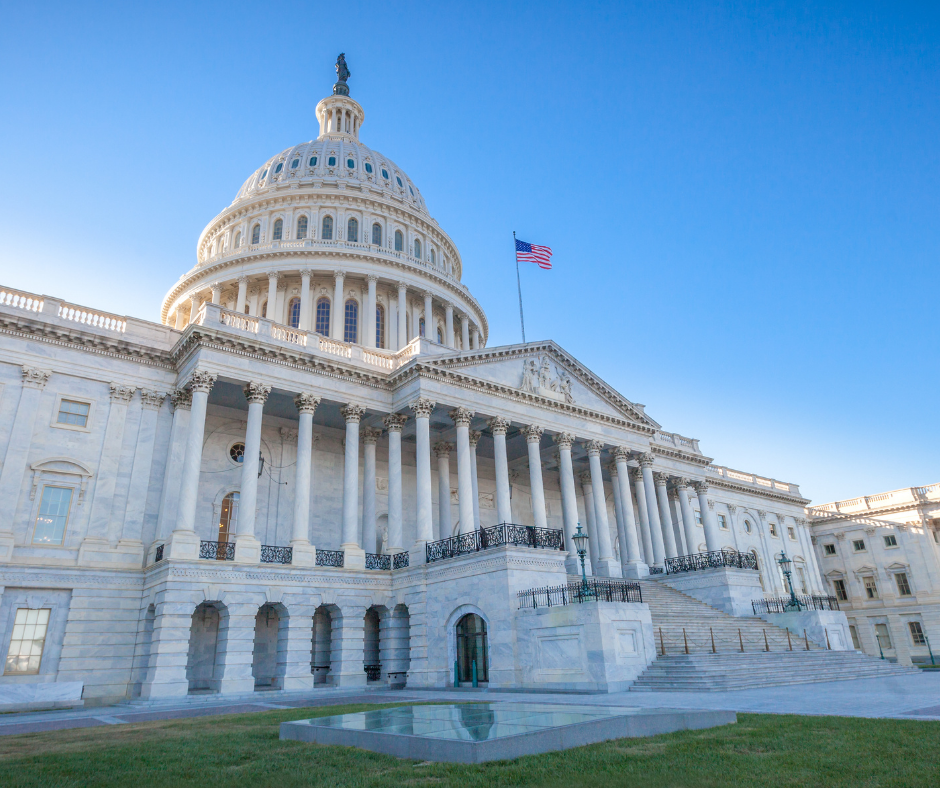
The ongoing health crisis has left millions of US citizens out of work and struggling with debt. For those households who are already dealing with medical bills, car loans, and student loans, a situation like a job loss or illness can send families over a financial cliff. To help alleviate some of the financial issues related to the pandemic, US Senator Elizabeth Warren (D-Mass.) and Congressman Jerrold Nadler (D-N.Y.) introduced the Consumer Bankruptcy Reform Act (CBRA). The proposed legislation is designed to overhaul US consumer bankruptcy law, making it easier for consumers to access the bankruptcy system and discharge their debts. Here’s a look at some of the key changes proposed in the Act:
Replace Chapters 7 and 13 with Chapter 10. The CBRA proposes to make it easier and less expensive for people to obtain financial relief by combining two separate consumer bankruptcy chapters into a single system. The Act would replace Chapters 7 and 13 with the all-new Chapter 10. Currently, Chapter 7 allows those with little disposable income to discharge debts by liquidating assets to repay creditors. Chapter 13 allows people to discharge debts by paying creditors their disposable income under a three-year or five-year repayment plan.
With Chapter 10, consumers with debts less than $7.5M would file a petition and additional required statements and schedules – the streamlined bankruptcy process would allow for a no-payment discharge or a debt-specific plan. There would be three types of debt-specific plans: 1) residence – based on mortgages on a principal residence, 2) property – debts secured by other property, and 3) general repayment plan – which covers all other debts, such as medical, student loan, or credit card debts.
Consumers Could Discharge Student Loan Debt. Currently, both private and federal student loan debts are not dischargeable during bankruptcy. But under the proposed CBRA, student loans would be treated like most other forms of consumer debt, meaning that consumers could discharge their outstanding student loans.
Eliminate Credit Counseling. Under the current Bankruptcy Code, a person cannot discharge their debt unless they participate in a credit counseling course and produce their certificate of completion. The CBRA would eliminate the pre-credit counseling requirement, making the bankruptcy process easier for consumers.
More Convenient Section 341 Meetings. Prior to 2020, consumers in the bankruptcy process were required to appear in-person for a Section 341 meeting, which is where bankruptcy trustees and creditors examine the consumer under oath. During the pandemic, these meetings were held remotely, eliminating the in-person requirement. The CBRA proposes that 341 meetings continue to be held remotely if needed and that the meeting day and time does not conflict with the consumer’s work schedule.
Shift Focus From “Choice of Expense” to “Ability to Pay.” Under the current Bankruptcy Code, a person’s bankruptcy case may be dismissed or converted to a different chapter of bankruptcy if he or she spends their money on “luxury” expenses. This could include a pricey vehicle, private school tuition, or financially supporting a child who is 18-years or older. The CBRA, if enacted, would eliminate this analysis of how consumers are spending their money and instead focus on whether the consumers can make their minimum payment obligations.
Consumers Receive Their Discharge More Quickly. When a consumer files for Chapter 7 bankruptcy, they typically receive their discharges within 90 days. Those who file for Chapter 13 bankruptcy protection receive their discharges after completing a three-year or five-year repayment plan. Under the proposed CBRA, consumers who have insufficient non-exempt assets and income to trigger a minimum payment obligation would receive their discharges immediately. Consumers who file a Chapter 10 bankruptcy would receive their discharge once their creditor repayment plan is confirmed.
Bankruptcy Attorneys Could Be Paid Over Time. If an individual is facing financial difficulties and needs to file for bankruptcy protection, it makes sense that this person might not have the funds available for their legal representation. Under the current Bankruptcy Code, the ability to pay attorneys fees can affect which bankruptcy chapter you’re able to file and when you’re able to receive your discharge. The proposed CBRA would allow consumers to pay their bankruptcy attorneys over time, improving access to bankruptcy relief.
Expand Federal Consumer Protection Laws. The CBRA proposes a new Unclean Hands provision that would prevent claims if the claimholder or its predecessor violated a federal consumer law related to the consumer. The CBRA would also expand certain provisions of the Fair Debt Collection Practices Act and create a new Consumer Bankruptcy Ombuds at the Consumer Financial Protection Bureau.
The proposed Consumer Bankruptcy Reform Act, introduced in December 2020, marks the first time since 2005 that major bankruptcy reform legislation has been introduced to Congress. The CBRA has already been endorsed by a number of consumer rights, civil rights, and labor organizations. As of mid-February, the CBRA has been referred to the Judiciary Committee. We will keep you updated as to the status of the proposed Act, as well as any changes to the language of the CBRA. If approved, it could fundamentally change the consumer bankruptcy system.
Have Additional Questions? Contact Burrow & Associates Bankruptcy Team
If you are considering bankruptcy and would like to schedule a consultation, please reach out to our bankruptcy team. We can answer any questions you have and help determine the best course of action for you and your family. You can reach us at (678) 323-2394 or via our website to set up a free consultation.









